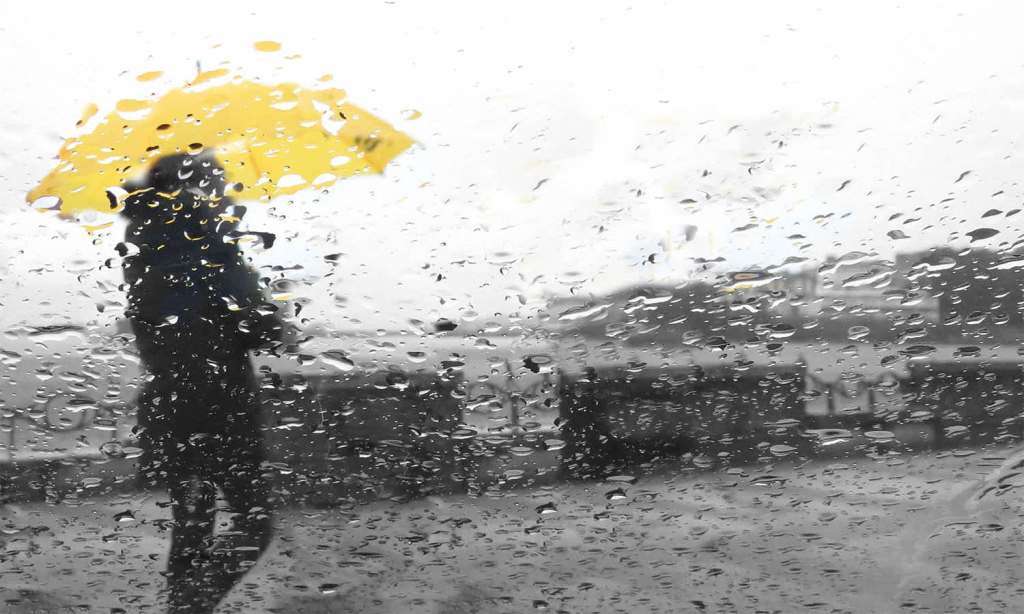With relaxed public health measures and the opening of international borders, Australia is currently seeing a return of another dreaded virus, and it’s not the one you’re thinking of.
The flu was all but wiped out in Australia over the past two years. COVID health measures work just as well on their targeted virus as well as other viruses, like the flu and the common cold, that spread through close contact.
Now though, expectations of a spike in flu cases following the repeal of measures, which has long been feared, are finally coming to pass.
According to the National Notifiable Disease Surveillance System (NNDSS), there were 409 lab-confirmed cases of the flu in March, compared with 598 cases in 2021 in total.
Deputy Director of the WHO Collaborating Centre for Reference and Research on Influenza, Professor Ian Barr, has said that flu is “definitely back” and that the cases we’re seeing are likely underreported as not many people get lab testing done.
After two years of all quiet on the flu front, it’s likely we’re going to see a surge in cases soon as we head into winter. These are going to come at the same time as a spike in COVID case numbers, which have been remaining steadily high over the past few weeks.
Australia is seeing between 50,000 and 60,000 cases a day at the moment, with that expected to rise as we move into the colder months. The fact that we’ve been experiencing unprecedented rainfall is not helping the situation either.
So, here’s what you need to know about the upcoming flu season and how it’s going to interact with COVID.
The Return of the Flu
The flu was always going to come back. In 2019, 906 people died from the flu. In 2020, that number dropped to 36. In 2021, that number was zero.
However, as we live in a global society with open borders and relatively free international travel, the flu is set to make a return in 2022.
The main reason for this is the opening of Australia’s international borders. As of November last year, tourists and residents could arrive into the country without the need for quarantine. From 16 April, incoming passengers will not even need to have a COVID test on arrival. New arrivals of course have never had to test for flu, but like all diseases, this is something they bring in with them unwittingly.
Barr said that flu strains that have been circulating in the Northern Hemisphere have been behind outbreaks in Pacific island countries of late as the virus makes its annual migration down south for the winter.
Flu, like all disease, including COVID, has an incubation period, which means you can be carrying the virus without knowing it. By the time it’s made itself known, you’ve already come into contact with a lot of people.
Like COVID, the disease often doesn’t present strongly in children, meaning they can very easily be unconscious carriers too.
Of course, masks, hand sanitiser and other measures may stem the spread, however we also saw outbreaks of other cold viruses in Australia during periods of intense lockdown, meaning it’s not always possible to stamp them out.
With the return to work, the dropping of restrictions, and the opening of international travel, that spread is only going to increase.
How Bad Will the 2022 Flu Season Be?
It’s hard to say whether this year will be a bad year or not. The low rates of flu vaccines we’ve seen over the last couple of years will certainly not help things, and the fact that people’s natural immunity from previous infections has not been brought up to speed with more recent flu strains could also make the situation worse.
Barr has said elsewhere that recent outbreaks in South Africa and Brazil have been larger than average, but that “things are a little unusual with influenza, so you can’t be certain.”
‘We might have a moderate season, but it’s probably unlikely we’re going to have a big season unless something dramatic happens overseas and we get exposed to those viruses.
‘It takes a while to build up the numbers, so even if we do have a moderate season [it] might not come until later than normal.’
Experts have elsewhere predicted that flu season will peak in about August this year, and are urging people to come forward for their flu jab before it does.
Olympian Jana Pittman, who lost her grandmother to the flu, has been campaigning to get the jab out to older Australians who may be at greater risk from the disease than others.
“I’ve had the common cold plenty of times, but having influenza was very different. It was incredibly scary, and I was close to being admitted to hospital for a high heart rate and low oxygen levels,” she told the Daily Telegraph.
“Mum was very sick and to this day has an underlying cough due to the damage it did to her lungs.”
Healthcare industry experts are also warning that with a backed up waiting list for treatments, strike action taking place in the sector, and the double whammy of COVID and flu cases expected to rise this year, it could be a very difficult winter.
That’s why they’re urging everyone, young and old, to get their vaccine for this year’s flu and keep the pressure off the healthcare system by doing so.
Read more stories from The Latch and subscribe to our email newsletter.

